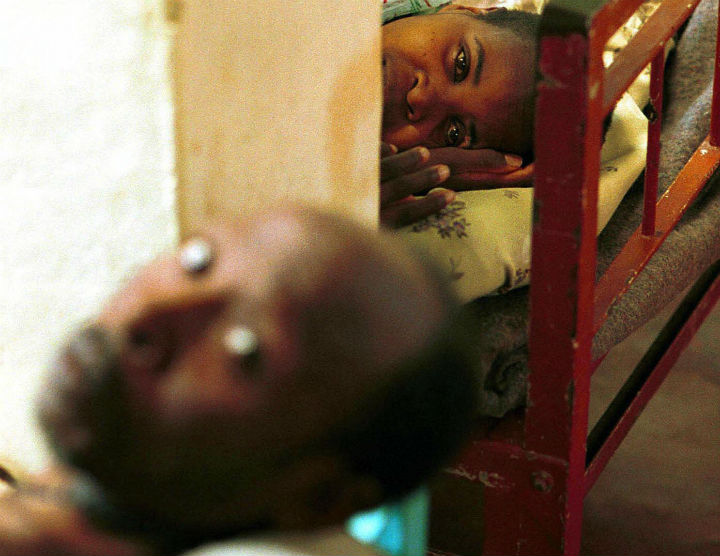VANCOUVER – The government of Rwanda is making a major push to convince 700,000 men to get circumcised as a part of a campaign to reduce the rate of HIV infection.

The program is targeting men between that ages of 15 to 49 and plans to reach the goal by the end of 2016.
The United Nations estimated there were 210,000 people living with HIV/AIDS in Rwanda in 2012, ranking 25th in the world for the percentage of people who have been infected with the virus.
The Rwandan government plan to use a relatively new procedure to reach its goal.
The method uses a device called PrePex and it’s a non-surgical means of removing the foreskin without making any incisions.
PrePex uses plastic and elastic rings to cut off blood flow to the foreskin, which after one week shrivels and the skin dies. It can then be cut off, with no need for stitches.
The World Health Organization (WHO) approved the procedure and the device in May.
The government claims it’s the first country in the world to introduce a nationwide circumcision campaign to reduce HIV infection.
WHO reports circumcision can help prevent infection “through reduction of HIV target cells… which are plentiful on the inner mucosal surface of the foreskin.”
- B.C. to ban drug use in all public places in major overhaul of decriminalization
- 3 women diagnosed with HIV after ‘vampire facials’ at unlicensed U.S. spa
- Solar eclipse eye damage: More than 160 cases reported in Ontario, Quebec
- ‘Super lice’ are becoming more resistant to chemical shampoos. What to use instead
The U.S. Centre for Disease Control reports “foreskin may also have greater susceptibility to traumatic epithelial disruptions (tears) during intercourse, providing a portal of entry for pathogens, including HIV.”
Rwanda has one of the lower rates of HIV infection in Africa, with 2.9 per cent of the population — compared to No. 1 country Swaziland, with an estimated 210,000 people living with HIV but an infection rate of 26.5 per cent.
But, the government wants to further its goal of “an AIDS-free generation.”
“We are at a tipping point in history where the traditional methods and the status quo are just not good enough. To reach the coveted AIDS Free Generation, the world needs ground-breaking innovation, deployed at record speed, with a technique that will drive men into the clinics,” said Tzameret Fuerst, the co-founder and president of PrePex developer Circ MedTech, based in Israel.
He explained Sub-Saharan Africa has only reached 10 per cent of its goal to “reach 20 million men (or 80 per cent of adult males) by 2015” — a commitment made in 2007 by health authorities from 14 countries in the region.
PrePex is in use in other east and southern African countries, and the U.S. Food and Drug Administration has also cleared and certified it for use.




Comments